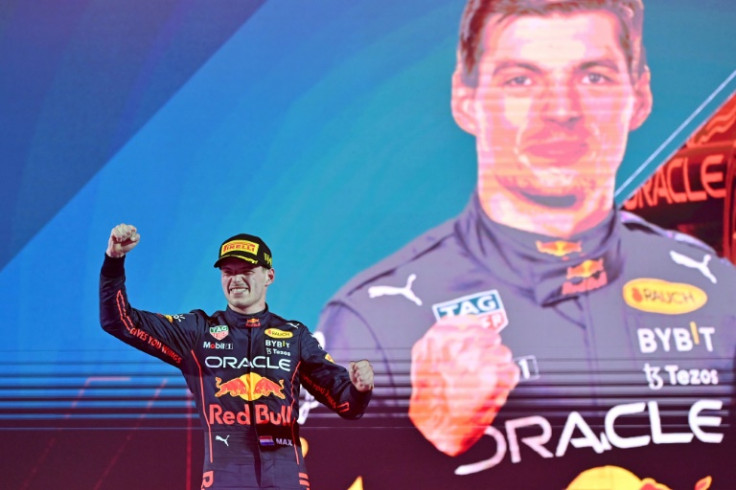F1: Mercedes plan backfires, benefits Red Bull and midfield rivals
Mercedes is the team worst affected by porpoising and bouncing owing to the new regulations
Mercedes AMG Petronas F1 team's wishes were granted when the FIA intervened to address the porpoising and bouncing issues faced by a number of teams this season. Unfortunately for them though, the directive issued by F1's governing body - to protect driver health - could prove detrimental to the Silver Arrows team.
Red Bull Racing was against the FIA's involvement, with team boss Christian Horner suggesting that it was an individual issue which teams had to sort out internally. Despite the Austrian team's opposition, a directive was issued on Thursday, with the FIA setting up a task force to monitor excessive bouncing on race day.
The severe bouncing of the cars has been an unexpected issue faced by a number of teams following the introduction of F1's all-new design regulations. Mercedes has been among the worst affected teams, with Lewis Hamilton regularly complaining.
The seven-time world champion was visibly struggling to get out of his car after the recent Azerbaijan Grand Prix, which prompted George Russell to urge the FIA to act.

The FIA has acted on behalf of the drivers, with a technical directive that will force teams struggling with bouncing to alter the setup of their car to protect their drivers, with a limit on the level of "vertical oscillations" being introduced. The rule, however, according to Sky Sports' Ted Kravitz could impact Mercedes the most.
"Based on what they're saying, the FIA are going to look at ways of stopping the porpoising, on the Mercedes all that means is raising the car up so that the car doesn't hit the ground anymore and cause a pain in the back anymore to Lewis Hamilton and George Russell," Kravitz wrote for Sky Sports.
"Of course, the consequence of that is the Mercedes cars will go slower because that is not the way they like to be run for maximum speed. They like to be run close to the ground - and if you get a bad back, well I'm sorry that's just the consequence of going quick. You raise the Mercedes up, you're going to go slow."
The ruling, which Mercedes was demanding, is likely to benefit Red Bull, who have been able to run their car close to the ground without suffering any of the bouncing issues. It could also benefit the likes of Aston Martin and Alfa Romeo, who have also been free of too much bouncing.























